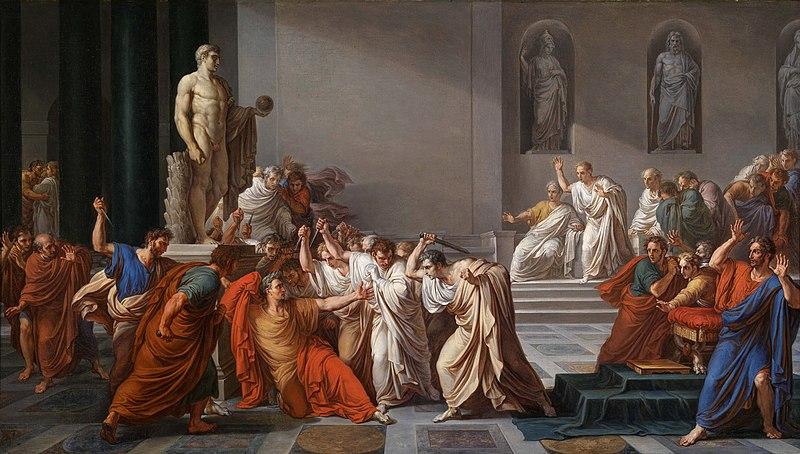The age of civil war: political crisis and its consequences at the end of the Roman Republic, 60-31 BC

With the victory of Octavian at the Battle of Actium in 31 BC, Rome changed from being a Republic to an autocracy. The thirty years leading up to what constituted a fundamental transformation of the Roman political system are the focus of this course. The period is also exceptional in providing a body of contemporary texts - most obviously the speeches and letters of Cicero - which, together with later narratives, allow for a high-resolution analysis, sometimes on an almost day-by-day basis, which is possible for few if any other periods in antiquity. Civil war and politics - the rivalries of Cicero and Clodius and of Caesar and Pompey, Caesar’s dictatorship and assassination, the regime of the triumvirs - are central to the course, but it is not just about elections, battles and great men. Alongside the political narrative we will be investigating the broader social, economic, religious and cultural changes which characterised Rome in this period, as well as the increasing centrality of the provinces, which in the Civil War years became a literal as well as figurative battleground. Using the evidence of coins, inscriptions and material culture alongside ancient literature, we will explore issues including the impact of these upheavals on religion, the role of women in public life, social mobility in Roman society, the role of the Roman army, and changes in the built environment of Rome itself. How far can these processes appropriately be summed up in Syme’s phrase ‘the Roman Revolution’?
The course has previously been taught as an Advanced Topic (2022-2024) but it is proposed for 2024-2026 to offer it as a Special Subject (replacing ‘Thucydides’). The MT teaching would remain much as before: it would continue to be examined in the existing format for Classics Part II candidates. However, additional classes for Historians (only) would be introduced in LT to take account of the fact that History candidates will not have supervisions. These classes would focus in particular on (a) the historiographical issues arising out of the literary evidence, in particular the contemporary writings of Caesar and Cicero, and of biographers and historians (such as Plutarch, Suetonius, Appian, and Dio) writing under the principate and (b) providing an opportunity for students to discuss the issues arising from their choice of Long Essay. Translations into English of the literary texts are easily accessible both on-line and in hard copy, in the Loeb edition. Translations will also be provided of inscriptions included in the dossier of set texts.
Preliminary reading:
R. Syme, The Roman Revolution (1939).
T.P. Wiseman in J.A. Crook, A. Lintott, E. Rawson (eds.) Cambridge Ancient History (=CAH) (2nd edn) vol IX (1994), ch. 9-10.
J. Osgood, Caesar’s legacy: civil war and the emergence of the Roman Empire (2006).
C. Steel, The end of the Roman Republic 146 to 44 BC: conquest and crisis (2013) esp. ch 6-8
Image: 1806 painting by Vincenzo Camuccini entitled La mort de Cèsar (The Death of Julius Caesar).
This material is intended for current students but will be interesting to prospective students. It is indicative only.
